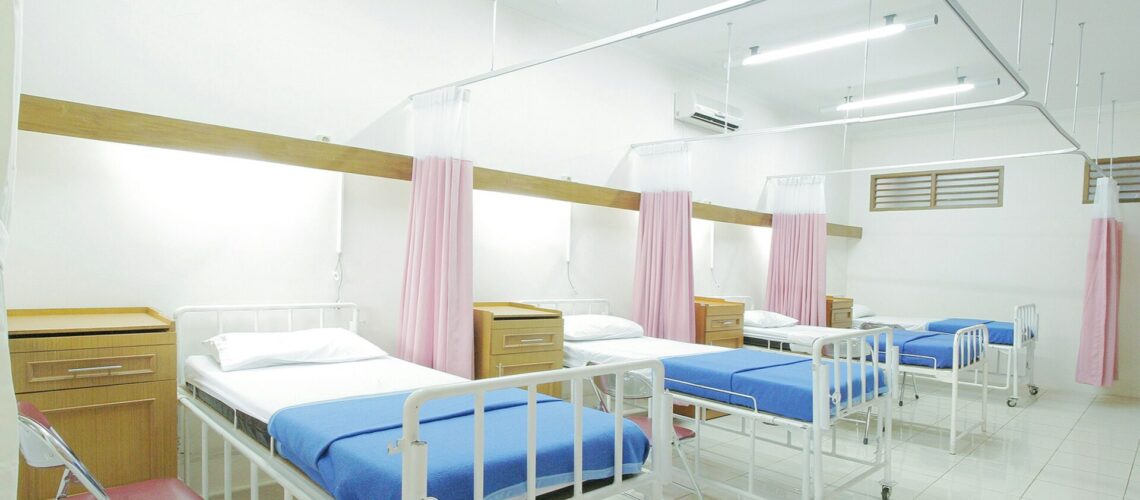A Journey Beyond Conventional Medicine
For emergency room physicians like Chris Endfinger MD, who has nearly three decades of experience, some of the most impactful lessons in medicine come from unexpected places. Participating in medical mission trips to rural Honduras offered a powerful reminder that healthcare is not solely about technology or advanced procedures. Instead, at its core, medicine is about heart, humility, and human connection.
Practicing Medicine Without Borders
In the fast-paced, resource-rich environment of American hospitals, clinicians often rely on advanced diagnostic tools and specialist consultations. However, in rural Honduran villages, the medical landscape is vastly different. Resources are limited—laboratories, imaging equipment, and medications are often scarce or unavailable.
This scarcity demands that physicians depend heavily on clinical judgment, thorough history-taking, and careful physical examination skills. For experienced practitioners like Dr. Endfinger, these conditions are humbling and highlight the importance of foundational medical skills and creativity in diagnosis and treatment.
Despite these challenges, the attitude of the local patients stands out. In Honduras, patients do not come seeking the latest technology but rather compassionate care, understanding, and human connection. This perspective offers a profound lesson in the essence of healthcare.
The Heartbeat of Healthcare: Compassion and Connection
The medical missions revealed that healthcare is fundamentally about relationship-building. In communities where healthcare resources are stretched thin, the simple acts of kindness, patience, and presence are as vital as medications or procedures.
One illustrative example involves a mother bringing her sick child to a remote clinic. Without access to sophisticated diagnostic tools, the medical team relied on spending time listening attentively to the mother’s story, performing a careful examination, and explaining the plan of care with empathy. This time invested built trust—a cornerstone for healing.
Such experiences emphasize that healing encompasses more than physical treatment. Addressing fear, offering hope, and establishing trust are integral parts of patient care, especially in resource-limited settings.
Lessons That Extend Beyond Borders
The insights gained from medical missions in Honduras have profound implications for healthcare professionals practicing anywhere. These experiences underscore the importance of humility, patience, and empathy in delivering care, regardless of setting.
They also bring attention to healthcare disparities faced by many patients in the United States, such as lack of insurance or transportation barriers. The cultural sensitivity and collaborative spirit observed while working with local Honduran healthcare providers demonstrate that effective healthcare requires partnerships that respect community knowledge and values.
Bringing the Spirit of Medical Missions Into Everyday Practice
The lessons learned from serving in Honduras inspire a renewed commitment to patient-centered care back home. Prioritizing listening, presence, and empathy can transform patient interactions and improve outcomes.
Moreover, medical mission experiences encourage healthcare providers to advocate for their patients beyond clinical settings, connecting them to community resources and supporting health education. The values of compassion and humility fostered during these missions can help combat burnout and reignite a sense of purpose.
A Shared Humanity in Healthcare
Ultimately, what medical missions reveal is that healthcare is a shared human endeavor. Whether in a rural clinic in Central America or an urban emergency department in the United States, patients need to be seen, heard, and treated with dignity.
For physicians like Chris Endfinger MD, approaching medicine with heart and respect enriches both patient care and professional fulfillment. This timeless truth serves as a reminder that medicine transcends technology—it is deeply rooted in human connection.
Looking Ahead
Medical missions provide an opportunity to reflect on the meaning of healthcare and the importance of compassion, presence, and hope. For healthcare providers, these experiences reinforce the calling to serve beyond the disease and diagnosis, focusing on the whole person.
The insights gained in Honduras continue to inspire a commitment to bridging healthcare gaps, fostering empathy, and delivering care with dignity. This approach benefits not only the communities served but also the healthcare professionals who carry these lessons into their daily work.

